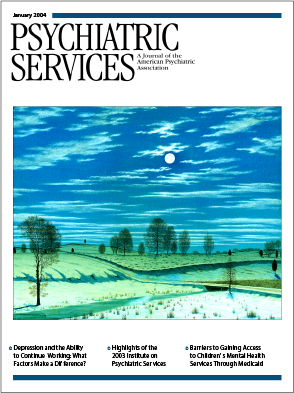How to Be Alone: Essays
When American readers hear the name of this author, perhaps their first thought, a disparaging and dismissive one, is of Franzen's uneasy and short-lived status as a writer selected by Oprah Winfrey for her book club. This pejorative association is unfortunate, because Mr. Franzen's writing is crisp, sharp, and timely, of a toughness reminiscent of Ralph Nader and a personal clarity echoing Erma Bombeck. The association is also, ironically, appropriate because, in Franzen's reticence about becoming the sort of instant celebrity guaranteed by Winfrey's literary endorsement, he acted out his own sociocultural skepticism.
Although Franzen's essay on coping with his father's Alzheimer's disease—"My Father's Brain"—garnered a National Magazine Award, and the essay exploring his experience as an Oprah author—"Meet Me in St. Louis"—is illuminating, it is his more quirky and unexpected themes that intrigued me. "Imperial Bedroom" explores the notion of the District of Columbia as the last bastion of individual privacy; "Lost in the Mail" explores the Chicago branch of the United States Postal Service as a symbol of the erosion of civility among the common people; "The Reader in Exile" explores television as a cause of moral erosion in the contemporary world; and "Control Units" explores the realities of restriction of civil rights in the federal super-maximum penitentiary in Florence, Colorado. The problem is that I have spent time in Washington, D.C., have worked for the federal government, and have actually visited the Federal Correctional Complex in Florence, and very little of what Franzen details resonated either with my own experience or with my imaginings as pertaining to those locales and institutions.
As a fellow author—my collection of interviews, Backstage Pass, was released the week my mother passed away suddenly in August 1997, a week before the tragic and also unexpected death of Princess Diana—my heart did stir with Franzen's introductory puzzlement concerning the asynchronicities of reality and art: his third novel, The Corrections, was published a week before the World Trade Center fell, and yet no one in the media business took notice of his abandonment of ambitious social responsibility in that work, instead taking advantage of that emotionally tumultuous moment in history to perpetuate the misperception that Franzen had promised, in an earlier Harper's essay, to produce a third novel engaging the mainstream and rejuvenating the literary realm.
Franzen's turns of phrase, selection of words, and consolidation of themes are so dense that such misperceptions occur easily; his descriptions are so precise, his targets so broad, that his role as a grand savior would be desired, fantasized about, even willed. Franzen's lament about being misunderstood, wrongly quoted, unfairly labeled, makes "Why Bother," included in this collection, the revised and shortened version of that fateful, original 1996 Harper's essay, "Perchance to Dream" worth reading for oneself. And despite Franzen's assertion that, in this anthology, he is manifesting personal movement away from angry, isolated hopelessness, it appears that How to Be Alone offers if not rage then resentment, and if not regrettable isolation then uncomfortably self-conscious awareness of his own status as observer from outside.
Dr. Post is affiliated with Marianas Psychiatric Services in Saipan, Northern Mariana Islands.



